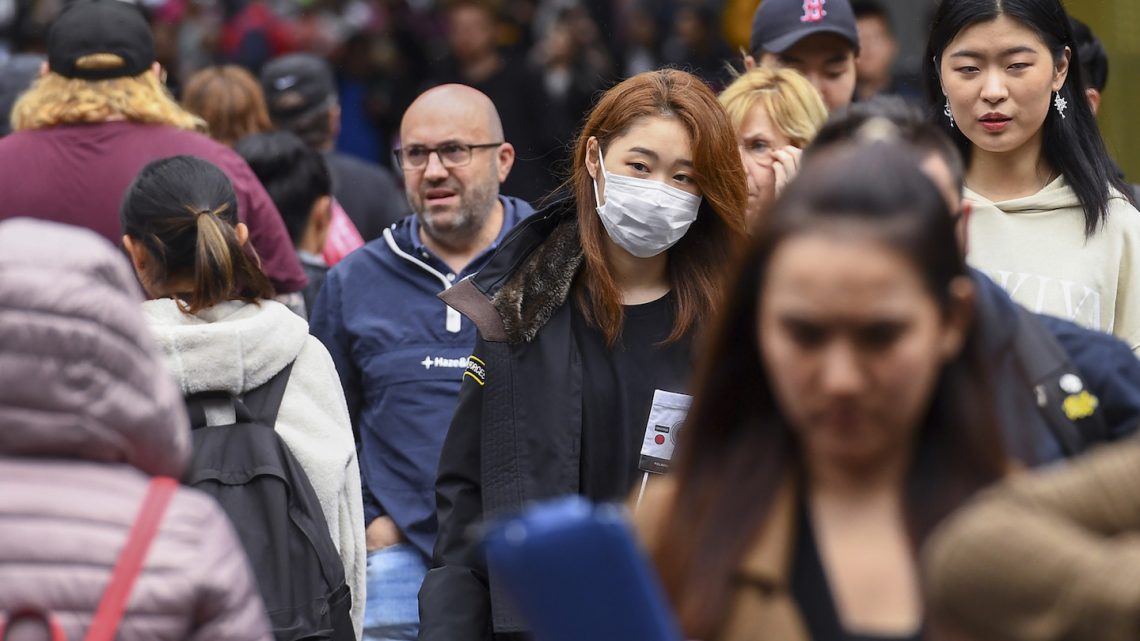
Australia Could be Looking Down the Barrel of a Second Wave of COVID-19
June 22, 2020Australia is facing the possibility of a second wave of COVID-19, with fresh outbreaks of the virus occurring at multiple hotspots around the country's second largest city, Melbourne. The state of Victoria recorded a total of 116 new cases over the past week, accounting for more than 83 percent of new cases in Australia. Nineteen of those were recorded overnight on Sunday.
Health authorities say most of the state's new cases are linked to clusters—often within extended families, according to the ABC, with two family clusters accounting for 25 cases. Chief health officials also urged against travel to six local government areas in Melbourne where the hotspots have been identified: those being Hume, Casey, Brimbank, Moreland, Cardinia and Darebin.
Almost one in five Victorians—or 18 percent—live in these suburbs.
Victoria Police will reportedly ramp up patrols in these areas and impose tougher enforcement of restrictions, including issuing more fines and conducting more spot checks on people who had been told to self-isolate. The Victorian government also tightened restrictions statewide overnight, limiting the number of visitors in homes to five and outdoor gatherings to 10.
"We still have, obviously, a public health emergency in Victoria," said Health Minister Jenny Mikakos. "It is still a very serious situation."
In addition to the two families that account for 25 cases, the other main sources of recent outbreaks include two large clusters among workers at a pair of hotels in Melbourne: the Stamford Plaza Hotel in the CBD, and the Rydges on Swanston hotel in Carlton. Both hotels were being used to quarantine international travellers who had recently returned to Australia. Detectives believe a contractor may have picked up the virus from a traveler before spreading it among colleagues.
Workers at these two hotels now account for at least 30 cases.
The escalating situation in Victoria comes just as public policy think tank the Grattan Institute cautions against the lifting of restrictions and reopening of non-essential services in Australia. In a report published over the weekend, health economist Dr Stephen Duckett stressed that reopening schools, workplaces and shops increases the risk of new infections, especially if people flout social distancing rules.
“It’s dangerous for people to think this fight is over,” Dr Duckett said in a statement. “The nature of the virus hasn’t changed—our behaviour has. If Australians go back to a pre-COVID normal, the virus could spread quickly and wildly, like it has elsewhere.”
The World Health Organisation this morning reported more than 183,000 new global coronavirus cases in the last 24 hours: the largest single-day increase by its count. Most of those came from Brazil, according to the UN health agency, with 54,771 cases tallied. The US accounted for the next highest number of cases, with 36,617, while a further 15,400 came from India. Experts noted that this uptick in recorded cases can reflect multiple factors, including broader testing as well as a spread of infections.
At the time of writing, at least 8.9 million people have been confirmed to have the coronavirus worldwide; more than 4.3 million have recovered; and more than 467,000 people have died, according to data from Johns Hopkins University.
